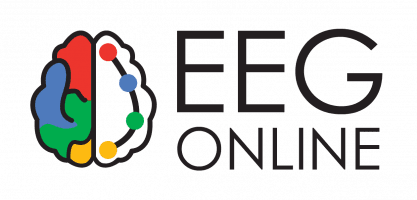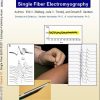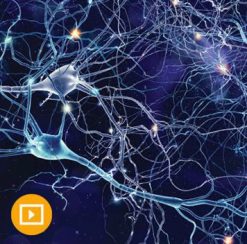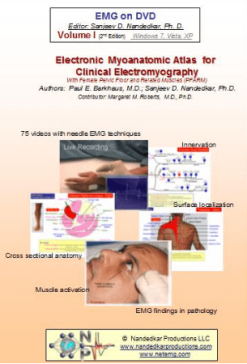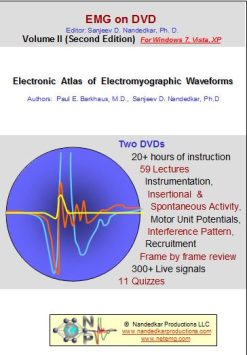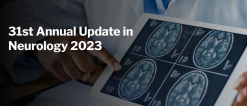Conveners and Tutors
Lawrence Tucker MB ChB MSc FCP(SA) PhD
Director: Undergraduate and Postgraduate Neurology Training, Groote Schuur Hospital, University of Cape Town
President: Neurological Association of South Africa
President: College of Neurologists of South Africa
Roland Eastman MBChB FRCP
Emeritus Professor and Past Head: Division of Neurology, Groote Schuur Hospital, University of Cape Town
Past President: Neurological Association of South Africa
Past President: College of Neurologists of South Africa
Eddy Lee Pan MB ChB MMed
Head: Neurophysiology Laboratory, Groote Schuur Hospital, University of Cape Town
Senior Specialist and Lecturer, Division of Neurology University of Cape Town
Senate Advisor: Information Technology Committee, University of Cape Town
Clinical Advisor: Hospital Information Systems Committee, Groote Schuur Hospital
Melody Asukile BSc MBChB
Research and Development, Division of Neurology, University of Cape Town
and other tutors.
Programme Overview
1: Part 1 principles of Electroencephalography
- 5 modules
- 12 weeks
- Part–time
- Approximately 4-6 hours per week depending on baseline knowlege
- Requirements: undergraduate medical or technologist’s degree
- Preference will be given to neurology registrars in training & qualified specialist neurologists
By the end of EEGonline Course 1, you should have a sound understanding of the physiological processes which underlie the generation of electrical potentials within the brain, and how these are transmitted to the surface of the scalp.
You will also develop an appreciation of how brain-derived electrical potentials are acquired through scalp electrodes, amplified and filtered by the EEG machine, and displayed on a screen. The principles involved in standard scalp-electrode placement according the 10-20 system will be explained, as will the principles, advantages and disadvantages of using bipolar vs. referential montages. In addition, the principles of basic electricity and electrical safety in the laboratory will be covered.
Numerous instructive epochs will be presented to illustrate the wide range of normal electroencephalographic rhythms and other waveforms commonly seen in wakeful and somnolent adult subjects, as well as abnormal epileptiform and non-epileptiform patterns. Thus, when you complete EEGonline Course 1, you should have a firm platform on which to build your further EEG training, being able to identify and interpret most backgrounds and waveforms of interest.
Part 2: Application of Encephalography in Clinical Practice
- 4 modules
- 12 weeks
- Part–time
- Approximately 4-6 hours per week
- Requirements: an undergraduate medical degree and completion of Course 1
- Preference will be given to neurology registrars in training & qualified specialist neurologists
The aim of EEGonline Course 2 is for participants to revisit the principles acquired during Course 1, and learn how to start applying these appropriately in clinical practice.
You will explore the benefits and limitations of using electroencephalography in the context of epilepsy, including the more common epilepsy syndromes, focal epilepsy, and status epilepticus and in the investigation for epilepsy surgery. Similarly, you will consider the benefits and limitations of using EEG in coma and encephalopathy, as well as its controversial use in brain stem death. The respective benefits and disadvantages of various bipolar and referential montages will be covered in relation to specific waveforms of interest.
As in Course 1, numerous EEG epochs will be presented, but now together with clinical and imaging information so that the electroencephalographic information can be considered in context.
Amongst other practical aspects, this course will deal with the potential pitfalls involved when reading EEGs, as well as the issue of how best to prepare an EEG report. By the time you have completed EEGonline Course 2, you should have a sound basic understanding of the use and limitations of the EEG in clinical practice. Of course, full competence in EEG interpretation cannot be obtained from courses or texts alone, but only from reading many records, and learning from the experience and advice of skilled practitioners. Nevertheless, with the material in these EEGonline courses, you should have a firm foundation on which to build your own future experience.



